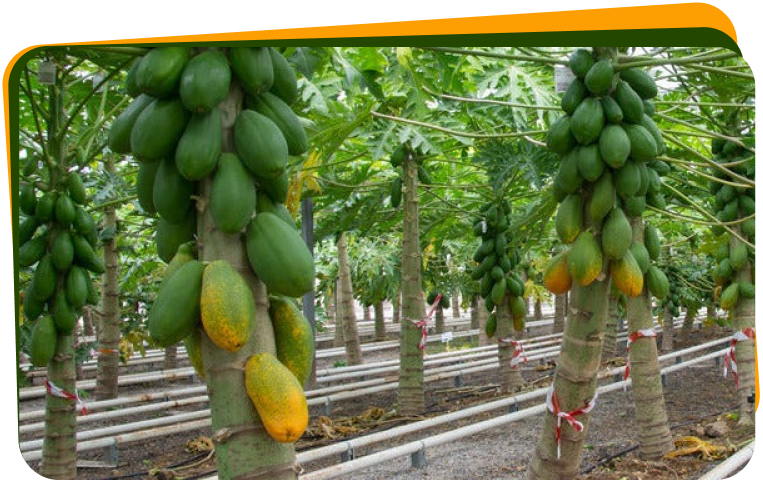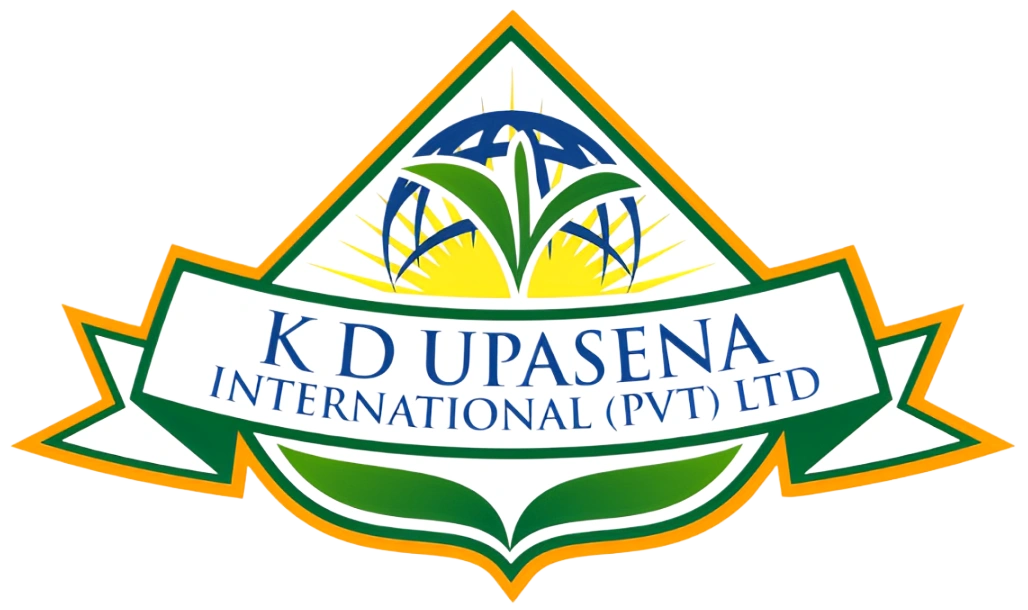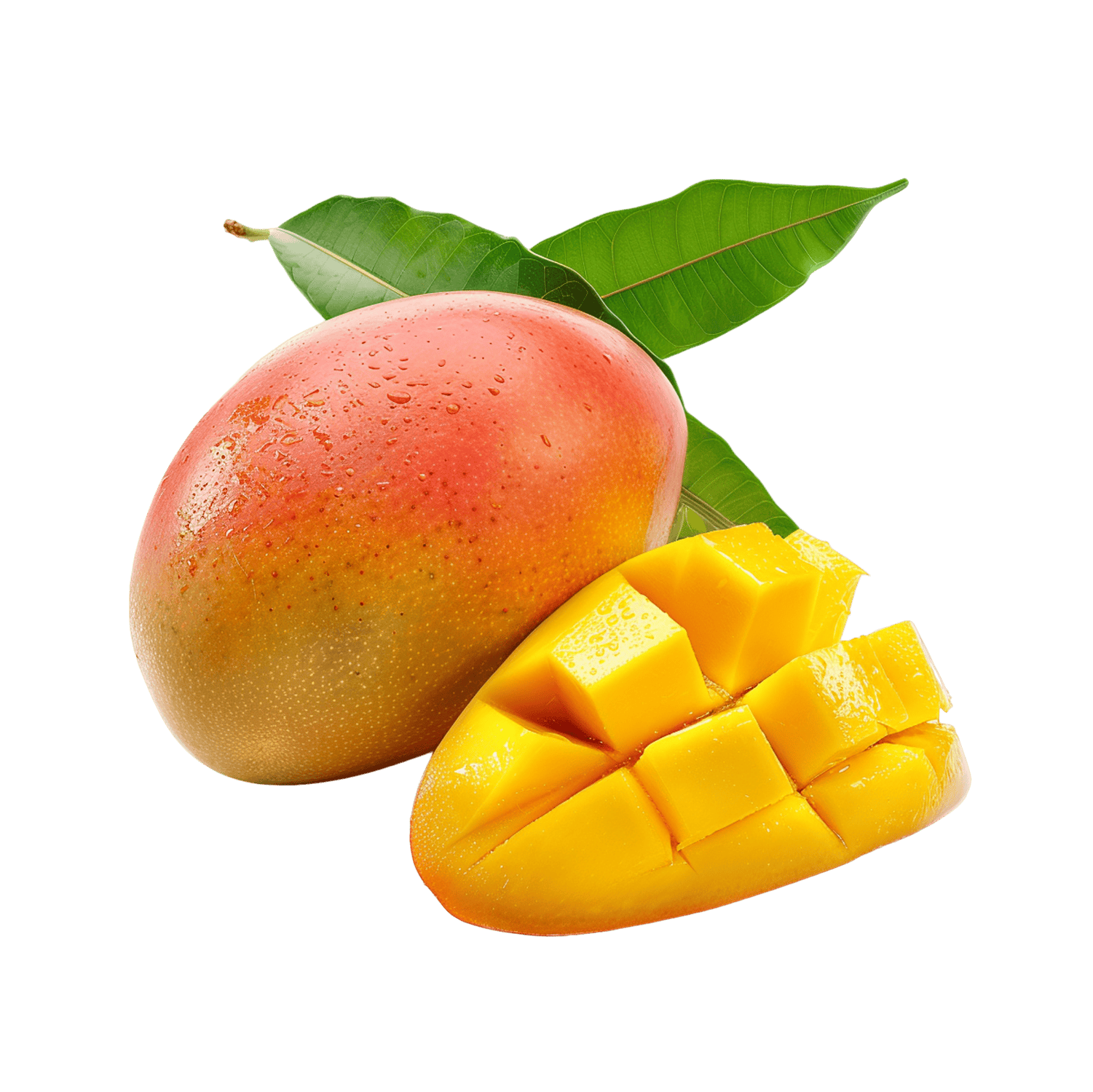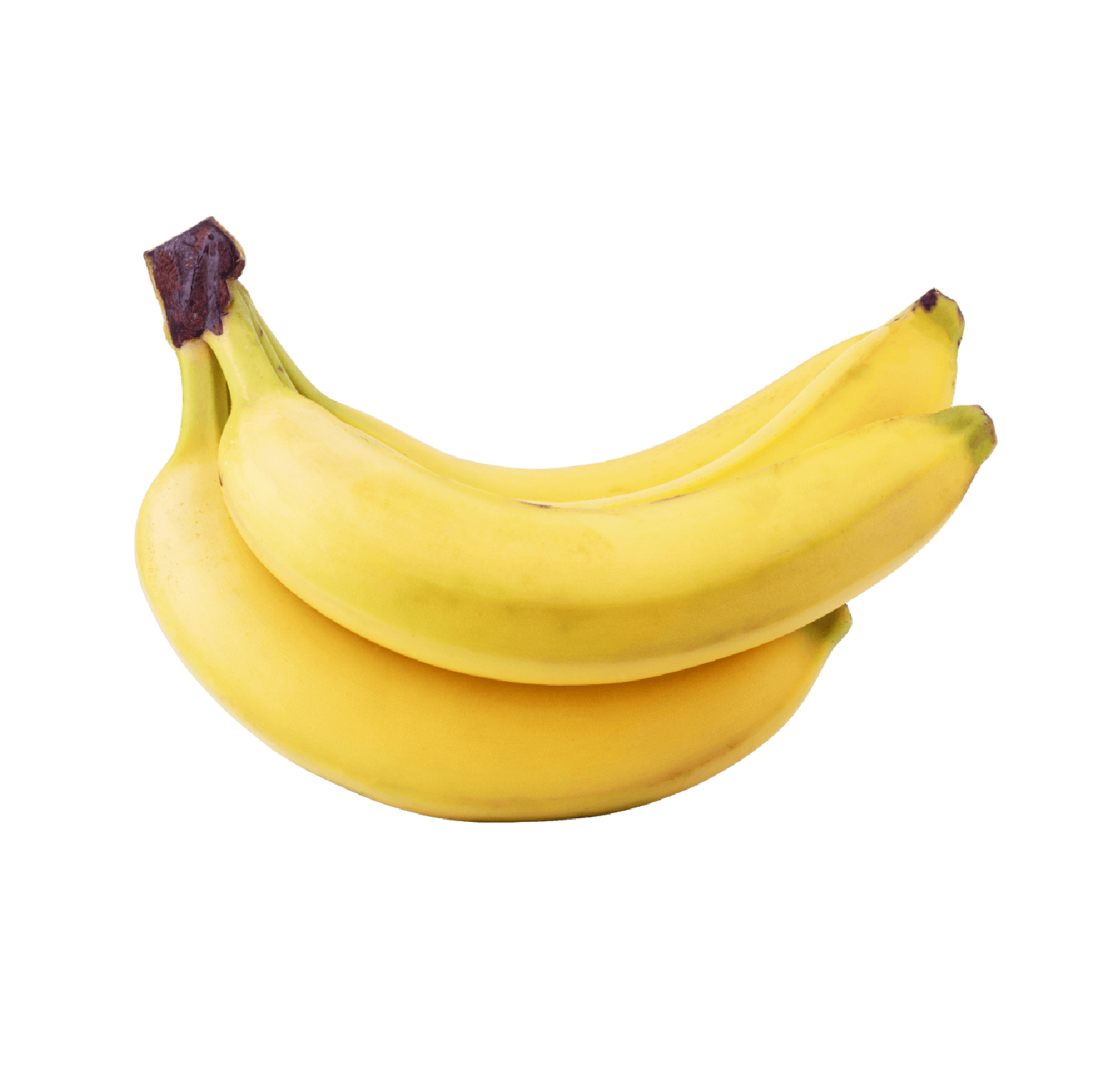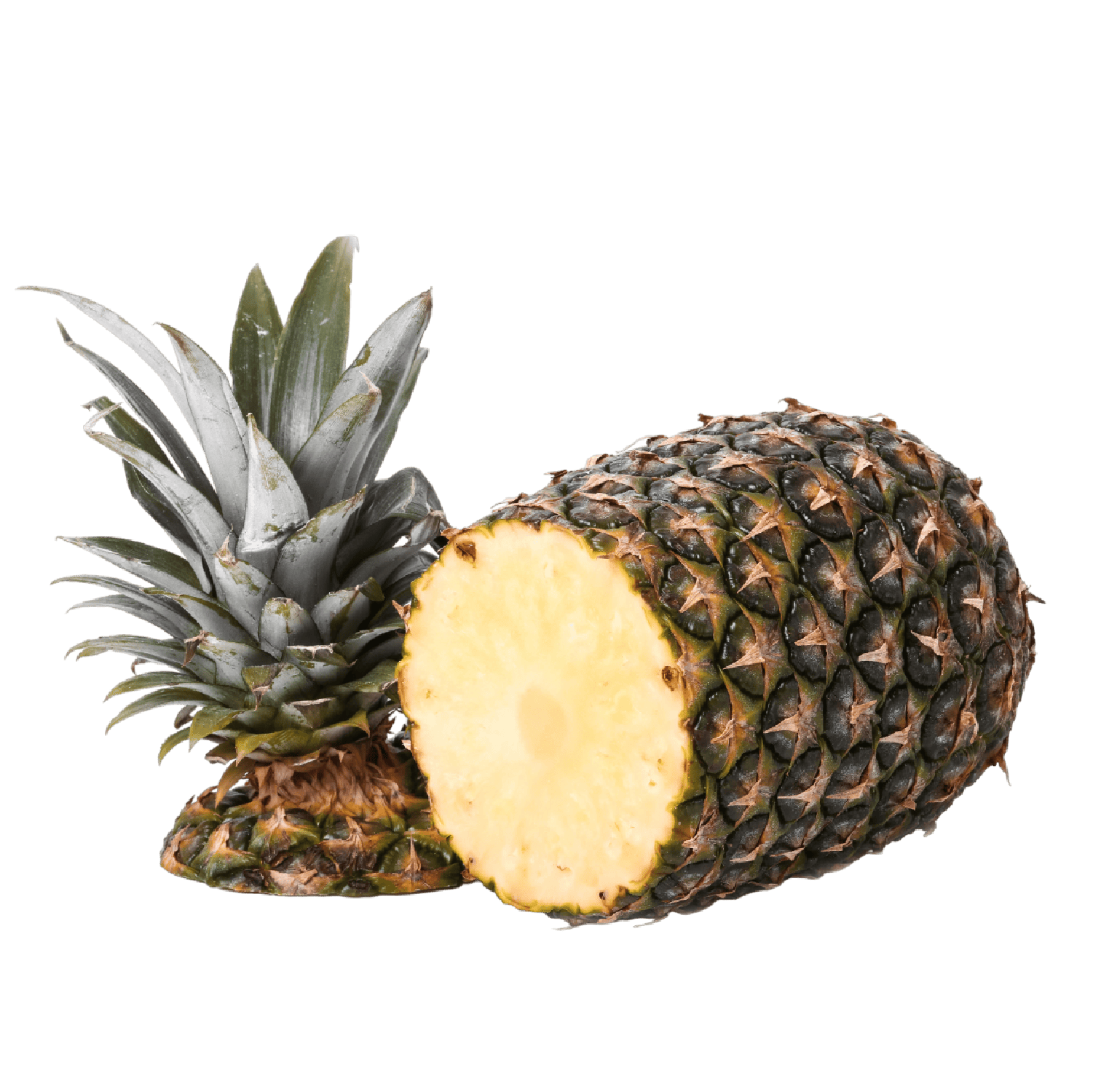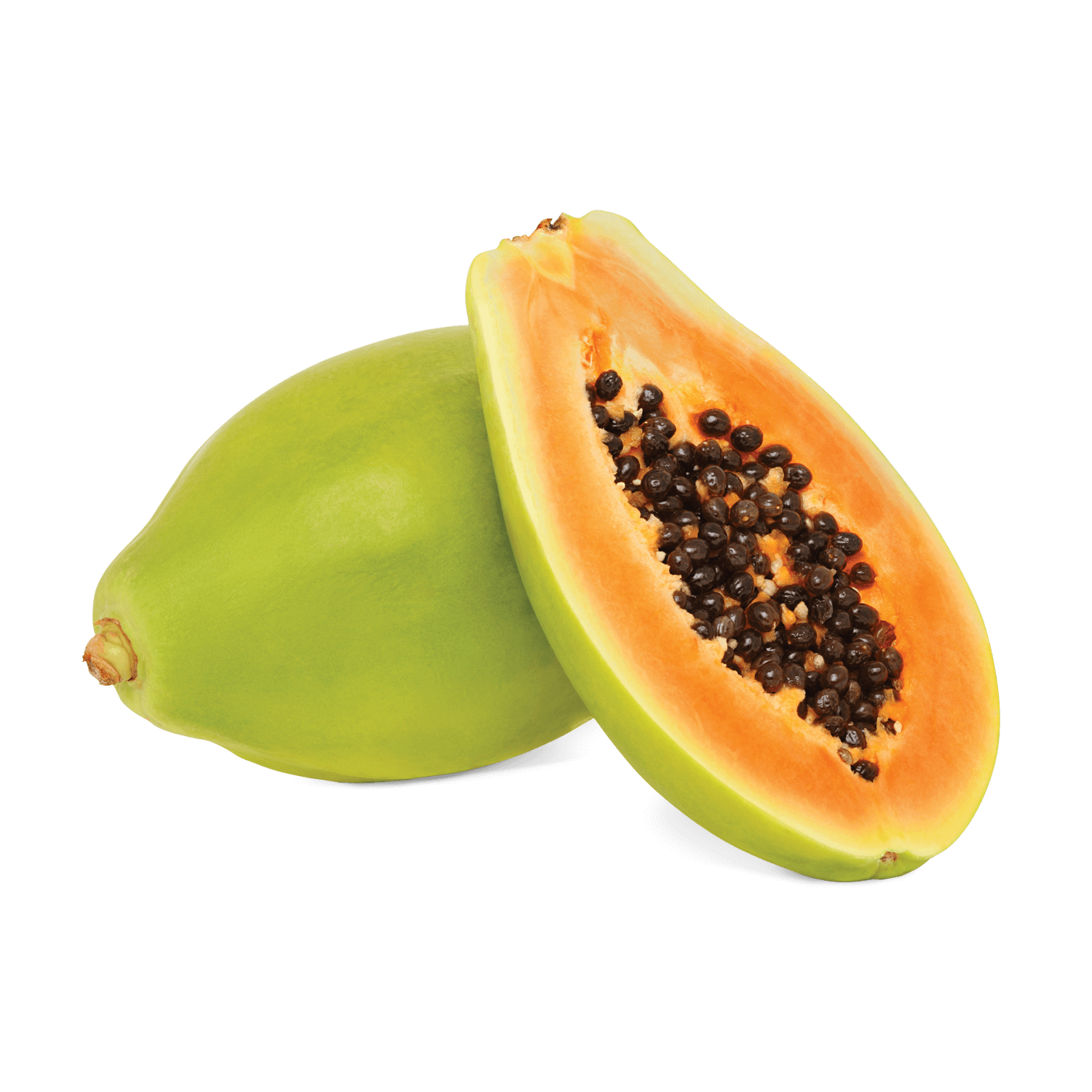Elevating Agri-business With Innovative Farming and Superior Flavors
Agriculture in Sri Lanka
In the heart of our island, where emerald-green landscapes embrace ancient wisdom and modern ingenuity, a dance of cultivation unfolds. Welcome to the vibrant tapestry of Sri Lanka – a canvas painted with the hues of tradition, resilience, and authenticity.
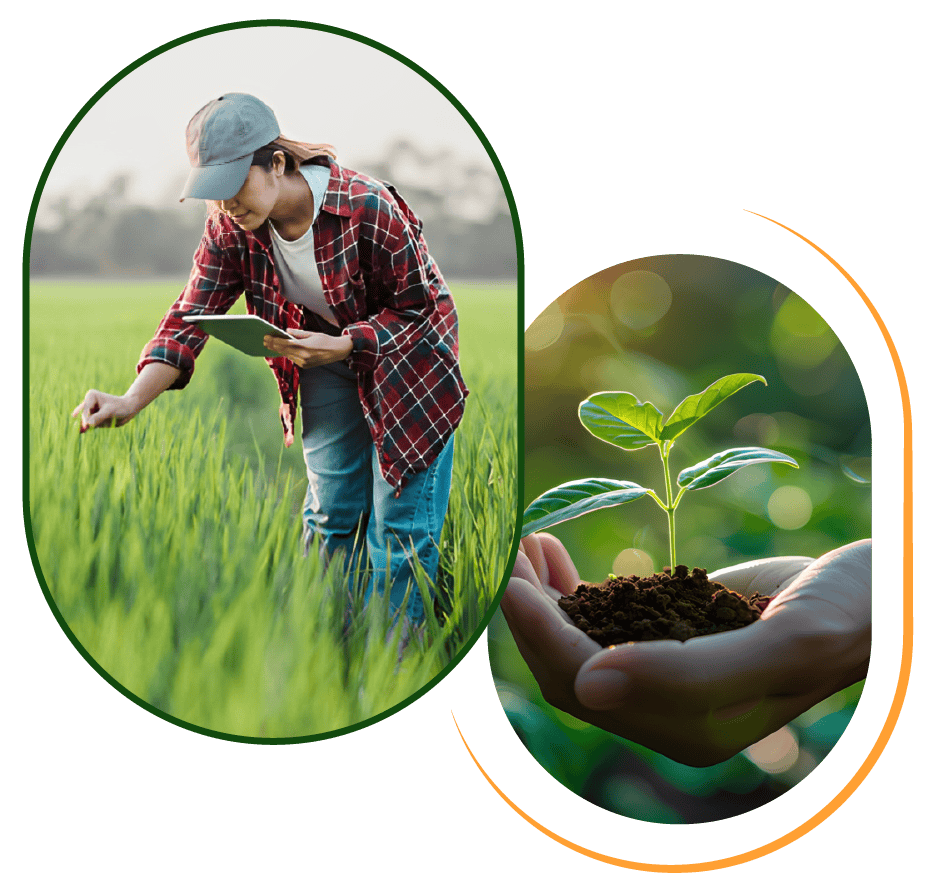
Navigate through our abundant Fruit Plantation
Mango Farming
Thriving in the Tropical Haven of Sri Lanka North Western Province
Annual rainfall averages from 500-2500ml, which is good for the growth of the mango tree. This means that lands in the North Western Province can be utilized for the commercial cultivation of mangoes. Cultivable land is abundant in the North Western province. Both surface and groundwater are available for irrigation, if necessary.

Ideal Ecosystem
Our Mango cultivation benefits from optimal climatic conditions, producing unparalleled quality and taste.

Abundant Harvests
Rich soils, ample water, and optimal climate embody the quality of this tropical paradise

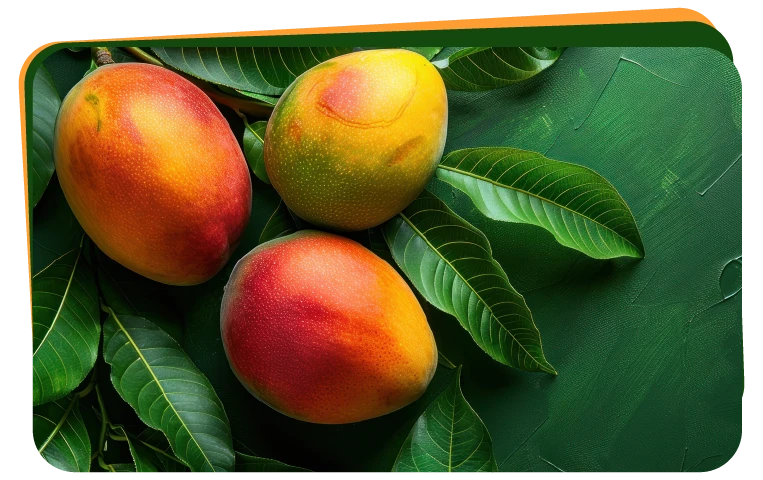
Why Alphonso Mango ?
A large fruit, average fruit weight 400g. Yellow color fruits can be obtained through bagging practice. Orange color, less fiber flesh with good taste. Has a high demand in the Middle East. It is recommended for commercial cultivation in the dry zone of Sri Lanka.
Why Alphonso Mango ?
A large fruit, average fruit weight 400g. Yellow color fruits can be obtained through bagging practice. Orange color, less fiber flesh with good taste. Has a high demand in the Middle East. It is recommended for commercial cultivation in the dry zone of Sri Lanka.
Banana Farming
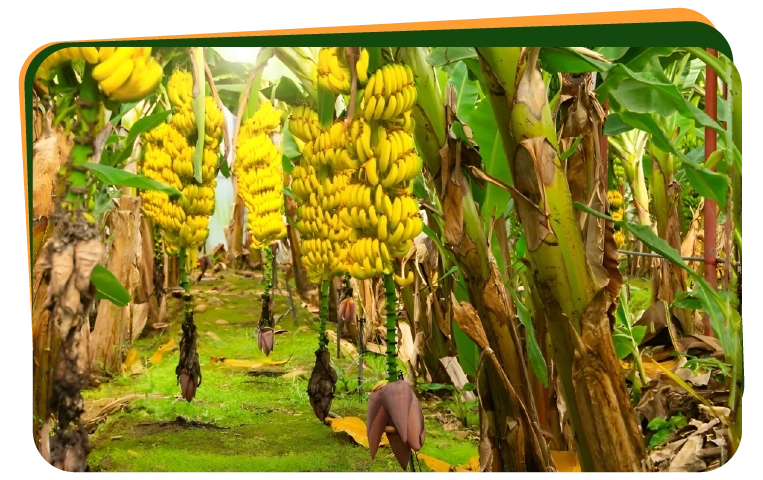
Nurturing Nature's Gold: The Epitome of Superior Banana Cultivation

The delicious banana is the most cultivated and consumed fruit in Sri Lanka replete with nutritional properties.
Bananas are highly nutritious and are a wholesome food item with high energy, ample amounts of carbohydrates, minerals as well as vitamins such as potassium, calcium, and prosperous, Vitamin B and C. Its richness in potassium helps control blood pressure, and protects from strokes and muscle cramps. Banana is also a rich source of probiotics and antioxidants and is good, both for the heart and the stomach. Banana is often the first solid food introduced to infants because its easily digestible, soft, and delicious.
Bananas are an attractive perennial fruit crop due to its high economic returns. Bananas can be profitably grown throughout the country at any time of the year and the plant yields fruit year around. This is a great advantage compared to other seasonal fruit crops such as rambutan, mango, etc. Bananas can be harvested in shorter periods bearing fruits in about ten months and have an economical life span of about four years.
At present about 49,307 hectares of land are under banana cultivation in Sri Lanka, which is about 54% of the total fruit cultivation extent and the annual banana production is around 750,587 tons. Until recently, banana cultivation was limited to home gardens or very small-scale cultivations, but now it has become a commercially important fruit crop grown on a large scale. Statistics indicate that banana is the highest exported fruit crop in the country. While all types of bananas are in demand, Kolikuttu fetches the highest farmgate prices in the wholesale and retail local market.
There is a huge diversity of bananas with different shapes, colors, sizes, textures, and flavors in fruits and tree morphological characters in the country. Banana is the only fruit similarly recognized as a fruit and a vegetable crop. There are two major edible banana cultivars in the country: banana (dessert types) and plantain (cooking types) with different morphological characters and uses.
Nurturing Nature's Gold: The Epitome of Superior Banana Cultivation
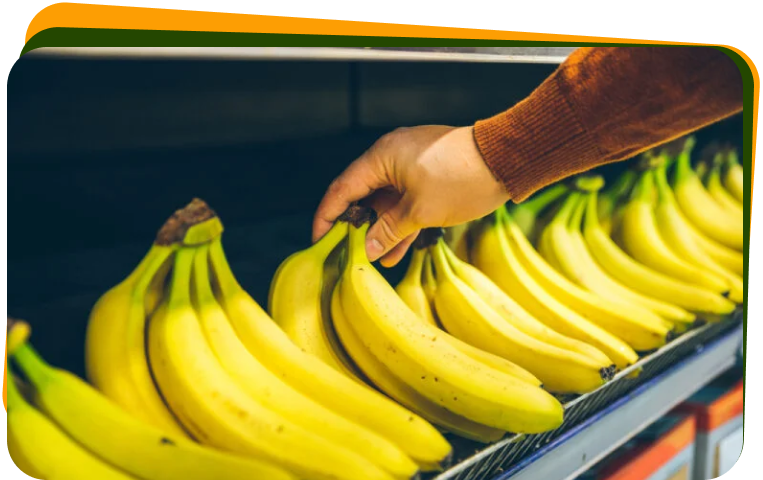
Ripened Ambul Bananas
They are slightly sour and sweet in flavor with an intense aroma. Ambul bananas are known to ease food digestion and have a cooling effect. Seeni bananas are similar to Ambul in size but the outer color is pale yellow and the flesh is sticky and sweet.
Seeni Bananas
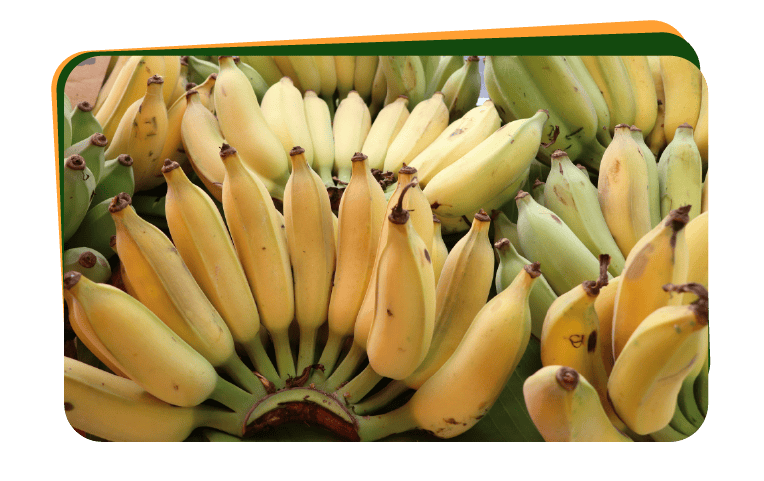
Pineapple Farming

Cultivating Tropical Excellence in Sri Lanka's Fertile Lands
The total extent of Pineapple cultivated in Sri Lanka is around 4,750 hectares, producing 35,000 M/tons per year. Pineapple production in the country has drastically increased in the past few years while the exports have increased accordingly. Apart from Commercial farming, many homes also grow a couple of trees for their consumption.
Papaya Farming
A Bounty of Nutrients, Profits, and Sustainable Cultivation Practices
Papaya can be cultivated in a wide range of soils including sandy soil, but more than sticky or heavy clay soils are needed. The well-drained or sandy loam soil with adequate organic matter is most important for papaya farming to get quality fruits and yield.
Papaya farming must be irrigated once a week depending on the soil and climatic conditions. However, drip irrigation can be carried out for better water use, keeping in mind to prevent the water from coming in contact with the stem of the papaya plant.
